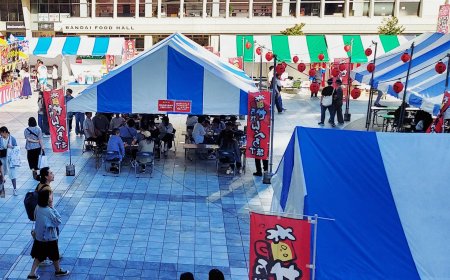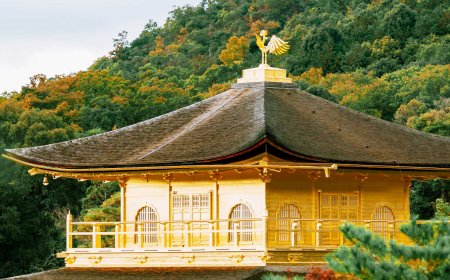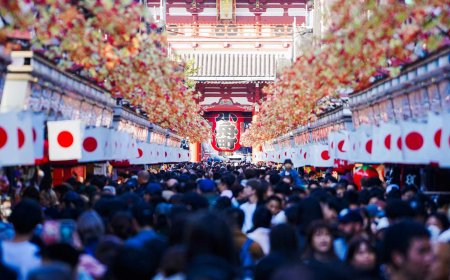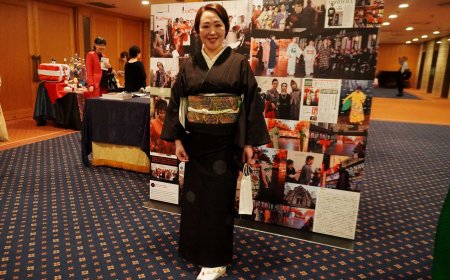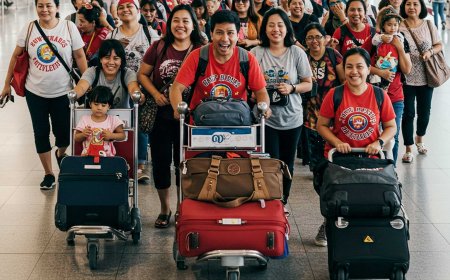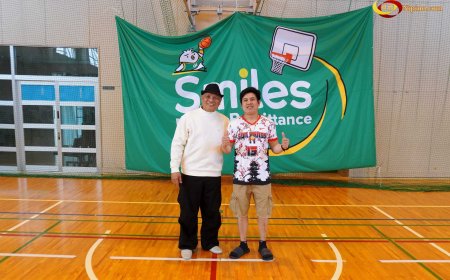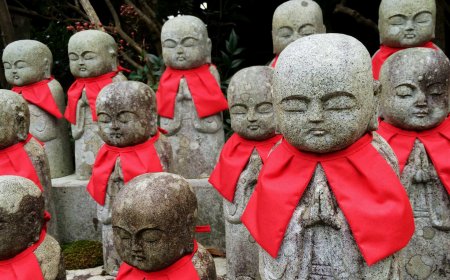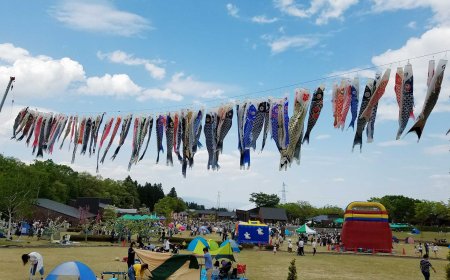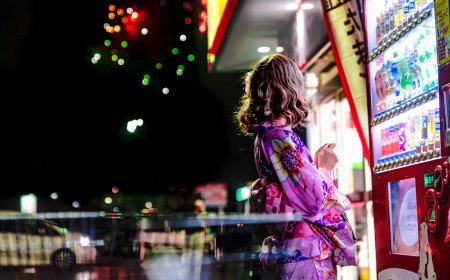Shinnenkai: Japan's Joyful New Year Tradition
Shinnenkai is a Japanese tradition that marks the start of the new year with festive gatherings among colleagues, friends, and families. Rooted in community and optimism, it’s a time to celebrate fresh beginnings, share gratitude, and look forward to the opportunities ahead.

Celebrating Fresh Beginnings and Strengthening Bonds
Japan is a country that prides itself on unique traditions and a strong sense of community. Among the numerous customs observed in the Land of the Rising Sun, one of the most enjoyable and widely practiced is the Shinnenkai (新年会), a New Year’s gathering that symbolizes fresh beginnings and collective celebration. This tradition offers an opportunity to reconnect with colleagues, friends, and family, fostering camaraderie and goodwill as the new year unfolds.
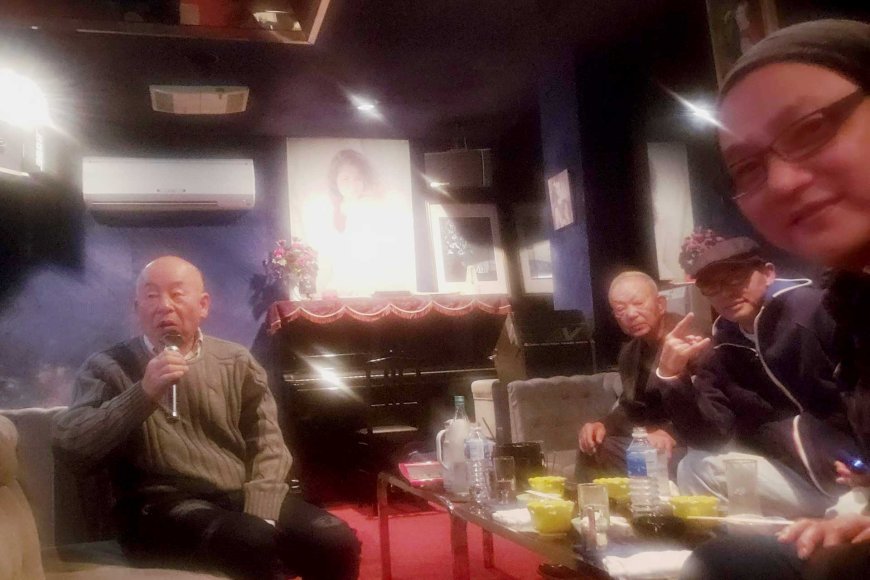
What is Shinnenkai?
Shinnenkai, which translates to "New Year’s party," is a social event that typically takes place in January. It serves as a counterpart to the year-end gatherings known as Bonenkai (忘年会), which are meant to reflect on and "forget" the challenges of the past year. Shinnenkai, in contrast, is all about welcoming the new year with positivity, setting intentions, and expressing gratitude for shared relationships.
Although Shinnenkai gatherings are often work-related, they are not limited to professional settings. Families, friends, and community groups also organize their own Shinnenkai parties. Whether formal or casual, these events reflect the importance of relationships in Japanese culture.
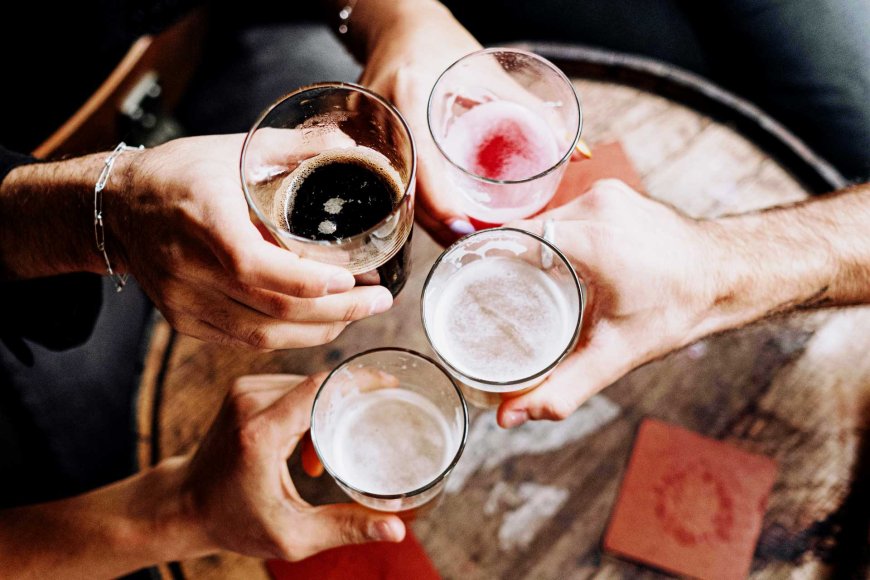
Where and How Are Shinnenkai Celebrated?
Shinnenkai can be held in a variety of venues, ranging from izakayas (Japanese-style pubs) and restaurants to offices and private homes. The choice of venue often depends on the size of the group and the nature of the relationship between participants.
At the core of a Shinnenkai gathering is a meal, usually accompanied by drinks. Traditional Japanese dishes such as sushi, sashimi, and hot pots (nabe) are common choices. The drink of choice often includes sake or beer, though non-alcoholic options are always available for those who prefer not to indulge.
The atmosphere is lively yet respectful. A typical Shinnenkai begins with a short speech by a senior member of the group, often reflecting on hopes for the new year. This is followed by a kanpai (a toast) to set the celebratory tone.
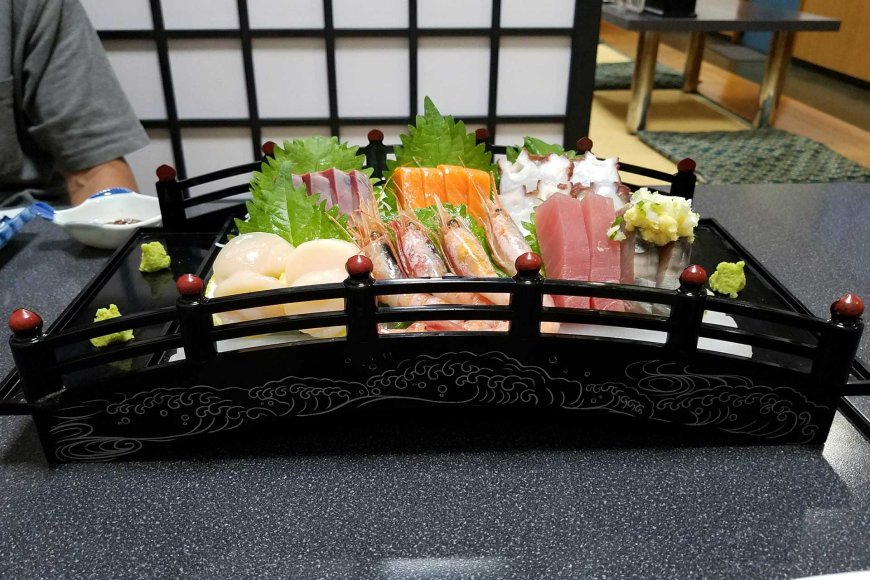
Shinnenkai at Work: Strengthening Bonds
In a professional context, Shinnenkai gatherings are an integral part of Japanese workplace culture. These events provide a more relaxed environment for colleagues to interact, moving away from the formality of office dynamics.
Hierarchy, which is a key element of Japanese corporate culture, still plays a subtle role during Shinnenkai. Senior employees or executives often take the lead in organizing and hosting the event, but the atmosphere is lighthearted, encouraging everyone to participate equally.
For new employees, attending a Shinnenkai is a great opportunity to build rapport and integrate into the team. It’s also an occasion for employees to express gratitude to their bosses and peers, reinforcing mutual respect and teamwork.
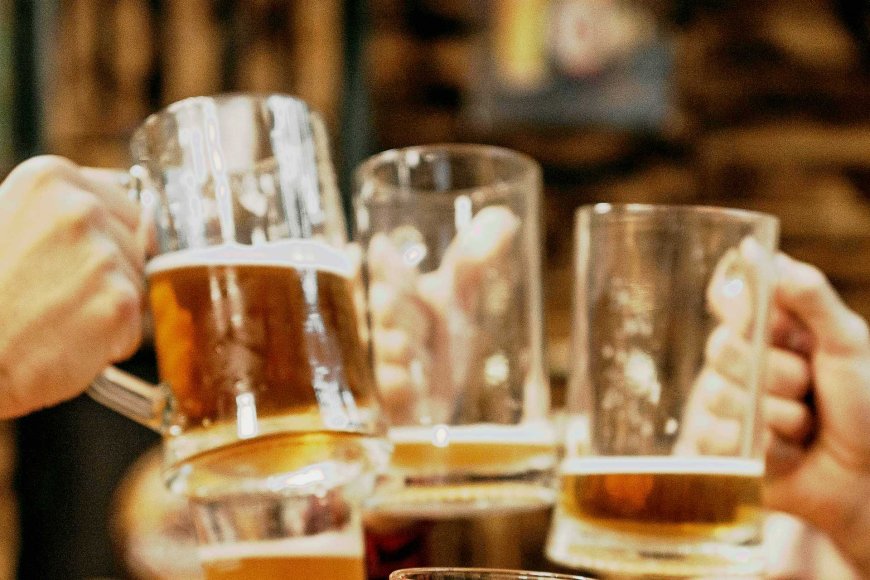
Shinnenkai Among Friends and Families
Outside the workplace, Shinnenkai parties with friends and family are typically more casual but no less meaningful. These gatherings are opportunities to reconnect after the busy holiday season and share stories, laughter, and hopes for the year ahead.
Families might celebrate Shinnenkai with a special meal at home, often featuring osechi ryori, the traditional New Year’s dishes that symbolize good fortune and health. On the other hand, friends might opt for a night out at a trendy restaurant or karaoke bar, adding a fun twist to the tradition.
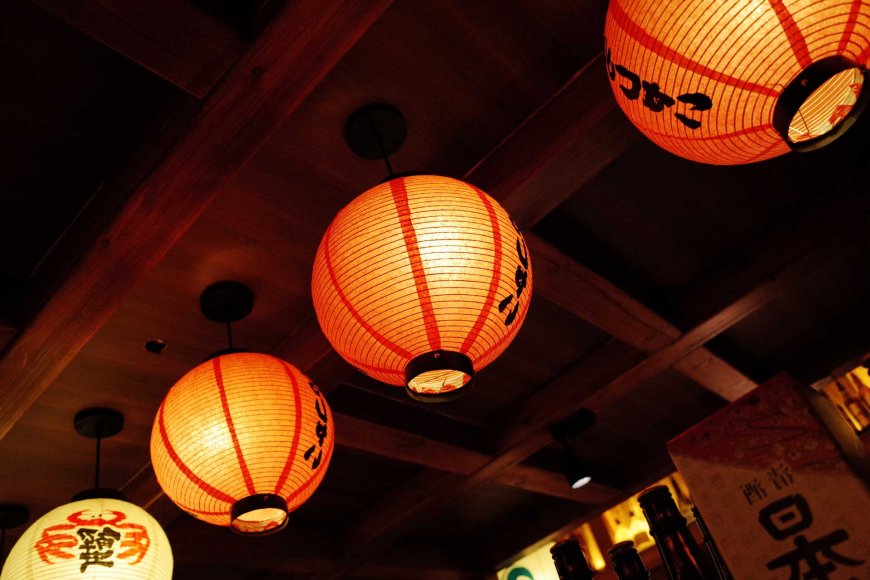
Modern Adaptations of Shinnenkai
As with many traditional practices, Shinnenkai has evolved to reflect contemporary lifestyles. In recent years, virtual Shinnenkai gatherings have gained popularity, especially after the pandemic made in-person events more challenging. Online platforms like Zoom or Microsoft Teams enable participants to join from different locations, keeping the spirit of connection alive despite physical distances.
Additionally, dietary preferences and cultural diversity have influenced the menus at Shinnenkai gatherings. Vegetarian, vegan, and international dishes are increasingly featured alongside traditional Japanese fare, ensuring that everyone feels included.
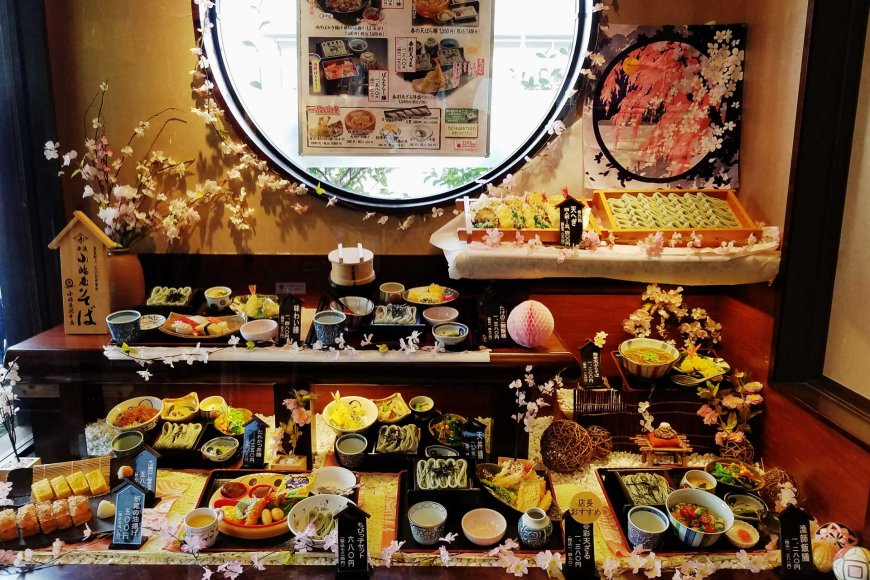
The Significance of Shinnenkai in Japanese Culture
Shinnenkai is more than just a party; it’s a ritual that embodies the values of togetherness, gratitude, and optimism. It underscores the importance of starting the year with a sense of unity and appreciation for the people in one’s life.
For many, Shinnenkai is a chance to step away from the hustle and bustle of daily routines and focus on building meaningful connections. Whether it’s with colleagues, friends, or family members, the gathering serves as a reminder of the collective spirit that strengthens relationships in Japan.
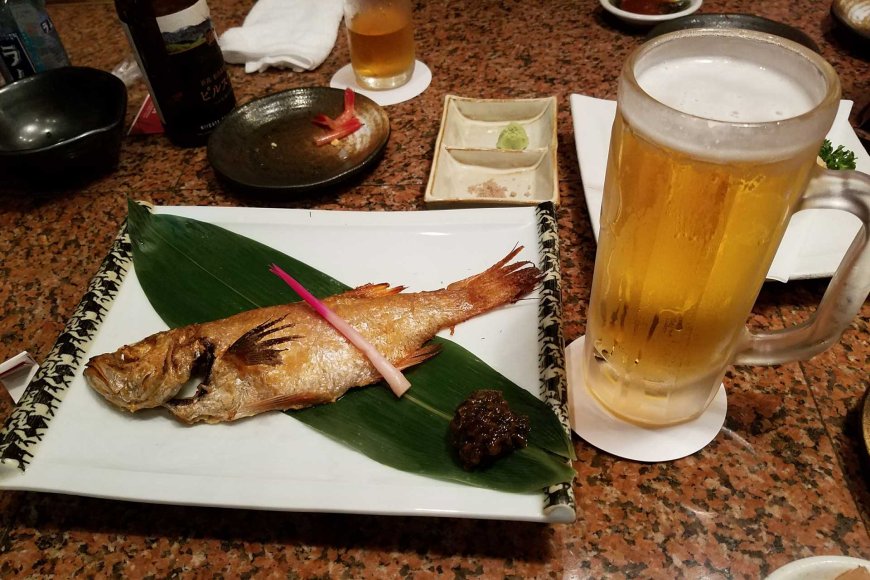
A Celebration of New Beginnings
Shinnenkai is a cherished tradition that beautifully blends festivity with cultural values. As Japan welcomes the new year, these gatherings provide a platform for reflection, hope, and celebration. For anyone living in or visiting Japan during January, participating in a Shinnenkai offers a heartwarming glimpse into the nation’s communal spirit and its enduring commitment to relationships.
Whether you raise a glass at an izakaya, enjoy a home-cooked meal with family, or connect virtually with friends, Shinnenkai is a joyful way to start the year on a positive note. So, next time you hear someone say "Kanpai!" in January, know that it’s more than just a toast—it’s a celebration of new beginnings and the bonds that make life meaningful.
Nipino.com is committed to providing you with accurate and genuine content. Let us know your opinion by clicking HERE.





